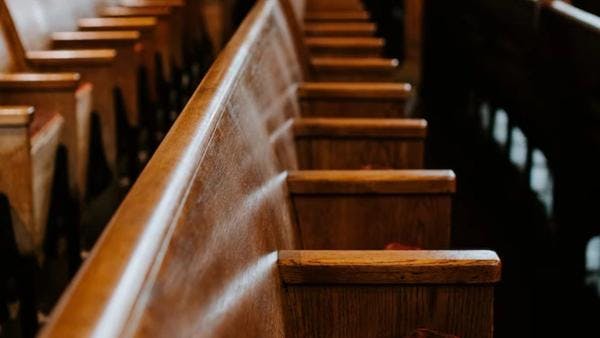Australie : Les personnes arrêtées pour possession de drogues en Nouvelle-Galles du Sud ne comparaîtront pas devant un tribunal, mais le gouvernement s'oppose à la décriminalisation
Après des années de retard, le gouvernement de Nouvelle-Galles du Sud tient compte les recommandations de Howard en étendant la possibilité de recourir à l’orientation en amont des tribunaux pour les infractions liées à la possession de drogues, mais l'absence de dépénalisation risque de perpétuer la disproportion des peines infligées aux populations indigènes et aux autres communautés marginalisées. Pour en savoir plus, en anglais, veuillez lire les informations ci-dessous.
By Michael McGowan / The Guardian
The New South Wales government has categorically ruled out decriminalisation in its long-awaited response to a landmark inquiry into drug laws in the state, but will expand pre-court diversion for people caught with illicit substances.
On Wednesday the government finally released its response to the recommendations from Prof Dan Howard’s scathing inquiry, announcing a $500m investment in health and justice reforms.
The package unveiled by the premier, Dominic Perrottet, includes $358m to address “treatment gaps” in drug and alcohol services, as well as justice initiatives including an expanded drug court and a new pre-court diversion scheme for people caught with small amounts of drugs.
But, as had been widely anticipated, Perrottet ruled out adopting the key plank of the report: the complete decriminalisation of drug possession in NSW.
“There are many perspectives, people have been hurt by the scourge of drugs,” he said.
“I disagree with decriminalisation [and] I want to make very clear the NSW government does not support the recommendation to decriminalise drugs in NSW.
“This is the balance you have to get right. We need to send clear messages to people across the state to not take drugs. And then you deal with people who are in the system ... you need to provide the care and support and intervention to help them overcome that addiction.”
